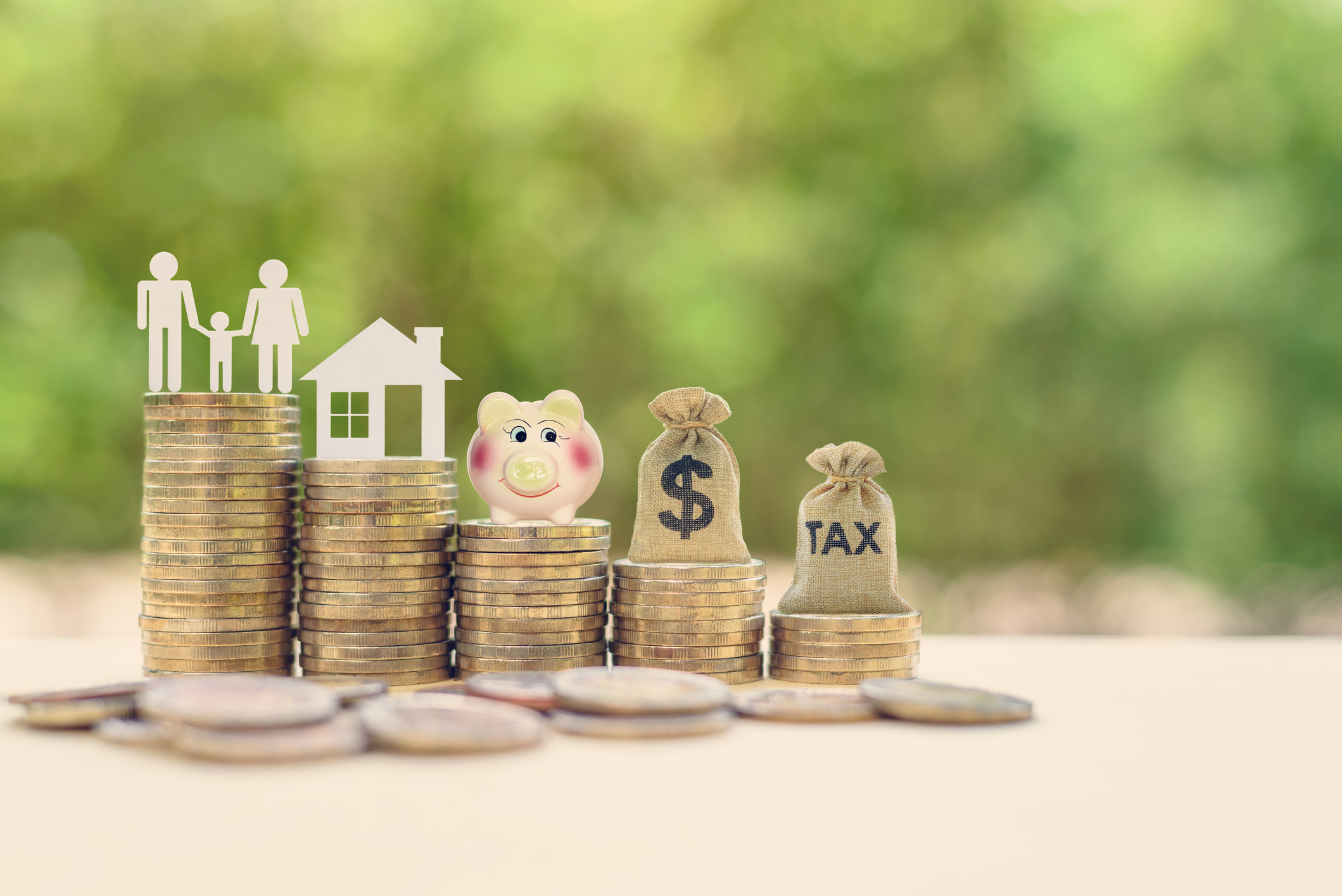
If you’re like many Americans, the stock market has been the least of your concerns recently. Between a global pandemic and extreme economic uncertainty, there are much more important matters to be concerned with. In fact, many of you are likely avoiding looking at your investment statements because of the decline (which isn’t a bad idea ). For those who have been watching the stock market, you may have noticed that stocks increased fairly substantially in April, with the S&P 500 up over 14% . But what exactly does this mean? Are we out of the woods, at least financially? Should you alter your investment strategy? These are important questions many investors are asking right now.
Why was the stock market up in April?
This is a complex question and to address it we will provide a definitive answer and the rationale behind it. Are you ready? . . . We don’t know. At least, not for certain. But we can rationalize , at a high level, as to why this is the case.
When you see the news of more and more coronavirus cases confirmed every day and the staggering unemployment numbers it can be perplexing as to how the stock market can even go up at all. How can the stock market increase in value when all we hear is bad news? The short, simple answer, to an incredibly complex question is that when an investor purchases a stock they are not necessarily buying it for what is happening today, but for the future earnings potential of that company.
It’s important not to conflate the stock market with the economy. They are of course somewhat related, but are certainly not the same. When we see the unemployment numbers, GDP, and job growth figures, t hese are facts that help us understand how the economy is doing at a specific point in time. When we look at stock prices, or the stock market in general, th is reflect s the general consensus of the expectation of how a company will perform in the future. Of course, current economic factors will impact the ability of companies to make money now and in the future. This is why the stock market generally drops when the economy slows down. However, because stocks are valued based on future expectations, they will not move in perfect lockstep .
So why was the stock market up in April? The simple answer is that investors believe that the global economy will turn around, possibly soon. This in turn will increase company profits and earning potential. When there are more people buying stocks then selling them , they increase in value. Therefore, more investors are banking on the economy improving , which will have a positive impact on the future performance and earnings of companies around the world. The outlook of the future in the stock market explains why the stock market can increase in value, when all we see is negative economic news around us. It’s a prediction of the future, not necessarily a reflection of what is occurring economically at the moment .
This then begs the next question . . .
Is the worst of the stock market drop behind us?
We will once again answer this with a definitive “ we don’t know ” . The stock market increasing last month tells us that more investors are optimistic about the future than are not. We can debate the prudence of reopening aspects of the economy, but many states are starting to slowly relax restrictions on businesses and economic activity. Many countries around the world are implementing similar cautious measures to reopening their economies. With the prospect of business activity restarting, albeit slowly, there is hope that it will improve economic conditions, and thus, improve the earning potential of businesses now and in the future.
Although we can tell by the stock market that the overall consensus is that the worst may be behind us, the stock market can of course be wrong. There are countless unknowns that can derail any possibly economic recovery. What if the extent of the economic damage is worse than anticipated? What if people don’t start shopping again when stores reopen? What if there is a terrible second wave of infections and economies are shut down again? These and countless other factors can prolong any economic recovery and drag the stock market back down with it. There is just too much unknown to say with absolute certainty that the worst is behind us.
While there are clearly countless negative things that can happen, there are also an equal number of positive unknowns that can turn the economy around the other way. What if a vaccine is developed in the near future ? What if more people are immune than originally estimated? What if a potent treatment is discovered to cure those infected? If unexpected good news comes out the stock market can be expected to increase even higher.
The fact of the matter is that we just don’t know. You can only control what you can control and becoming overly optimistic or pessimistic based on recent stock market performance is not helpful when implementing your investment strategy.
Should I make changes to my portfolio?
Changes in the stock market, whether positive or negative, do not warrant changes to your portfolio (outside of normal rebalancing). No one knows for certain where the stock market will go from here. That’s why two analysts, who are exposed to exactly the same data, can have two drastically different opinions about a future outlook .
How can so many smart people who are looking at the same things come to such different conclusions? The world is too complex, there are too many moving parts, and too many unknowns that cannot be perfectly accounted for.
The best course of action is to stick with your investment strategy. No one can consistently time the market correctly. Who would have guessed that a global pandemic would bring the world to a standstill at the start of the year? Who would have predicted after a precipitous fall that the stock market would recover a significant portion of its losses over the course of a month ? Not to mention while the same pandemic is still plaguing the world. Many of those who sold out when stocks were falling missed this subsequent rebound because no one can predict the future, and stock market movements can change on a dime.
Is the recovery here to stay? Will stocks fall back down further? We don’t know. The only prudent investment strategy is to stick with your plan and don’t try to time the market. If you’re adding to your invest ments in the stock market , don’t stop. Continue to invest on a structured schedule by dollar cost averaging regardless of where the stock market is at the time. Don’t alter your strategy because the stock market changed. If something happened that changes your personal life, such as losing a job or becoming ill, then that may be a time to adjust your overall financial planning, not just your investments . Speaking to a financial advisor can be helpful to determine whether changes to your investment strategy should be made.
It sounds like you don’t know much. What do you know?
You’re absolutely right that we don’t know whether the recent stock market gains are here to stay or not . . . at least not in the near term. Although past performance does not predict future results, based on 100+ years of past history (including the 1916-1920 Spanish Flu epidemic), we feel that stocks are the best source of long-term growth and inflation protection . This too shall pass. Someday, in the not so distant future , this coronavirus pandemic will be behind us.
While things won’t necessarily be the same, things will get better. People will be able to get back to work, economies will recover, and we will be able to mitigate the impact of future outbreaks. This we are sure of. As financial planners this is why we take a long-term view. We aren’t concerned with what happens with the stock market day to day, month to month, or year to year. Economies have always recovered from economic catastrophes in the past, and we find no reason to believe this time will be any different. The fact that economies have always grown historically is the reason why the stock market has also always propelled higher.
Summary
Eventually, life will return to “normal” (although it may be different). That’s why stocks, which are based on future growth, have continued to increase over the long-term. Day to day, take care of yourself, take care of your family, but don’t concern yourself with the day to day swings of the stock market (even if it is “good” news). If you would like assistance reviewing your financial plan, we suggest reaching out to one of our advisors .



